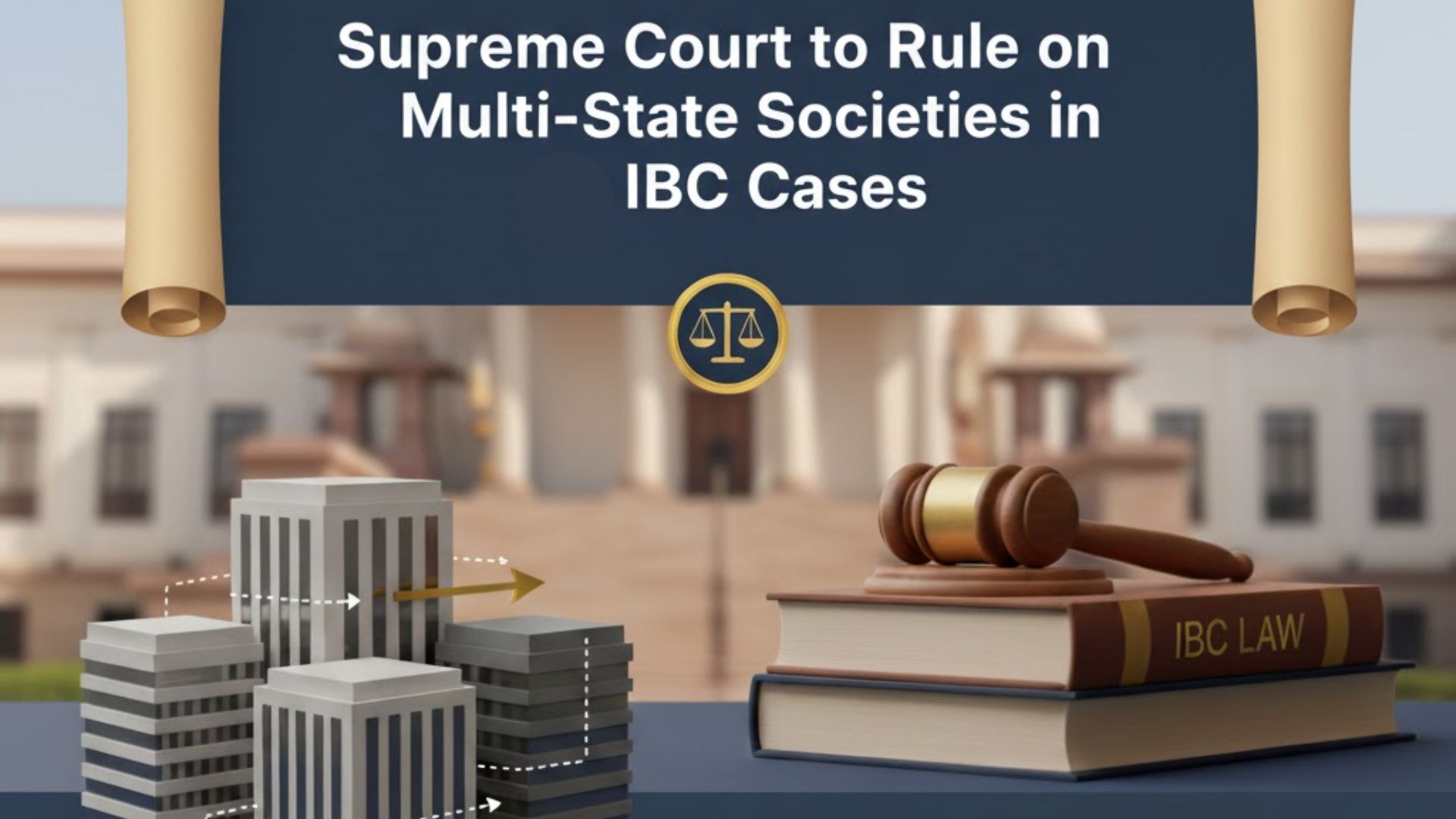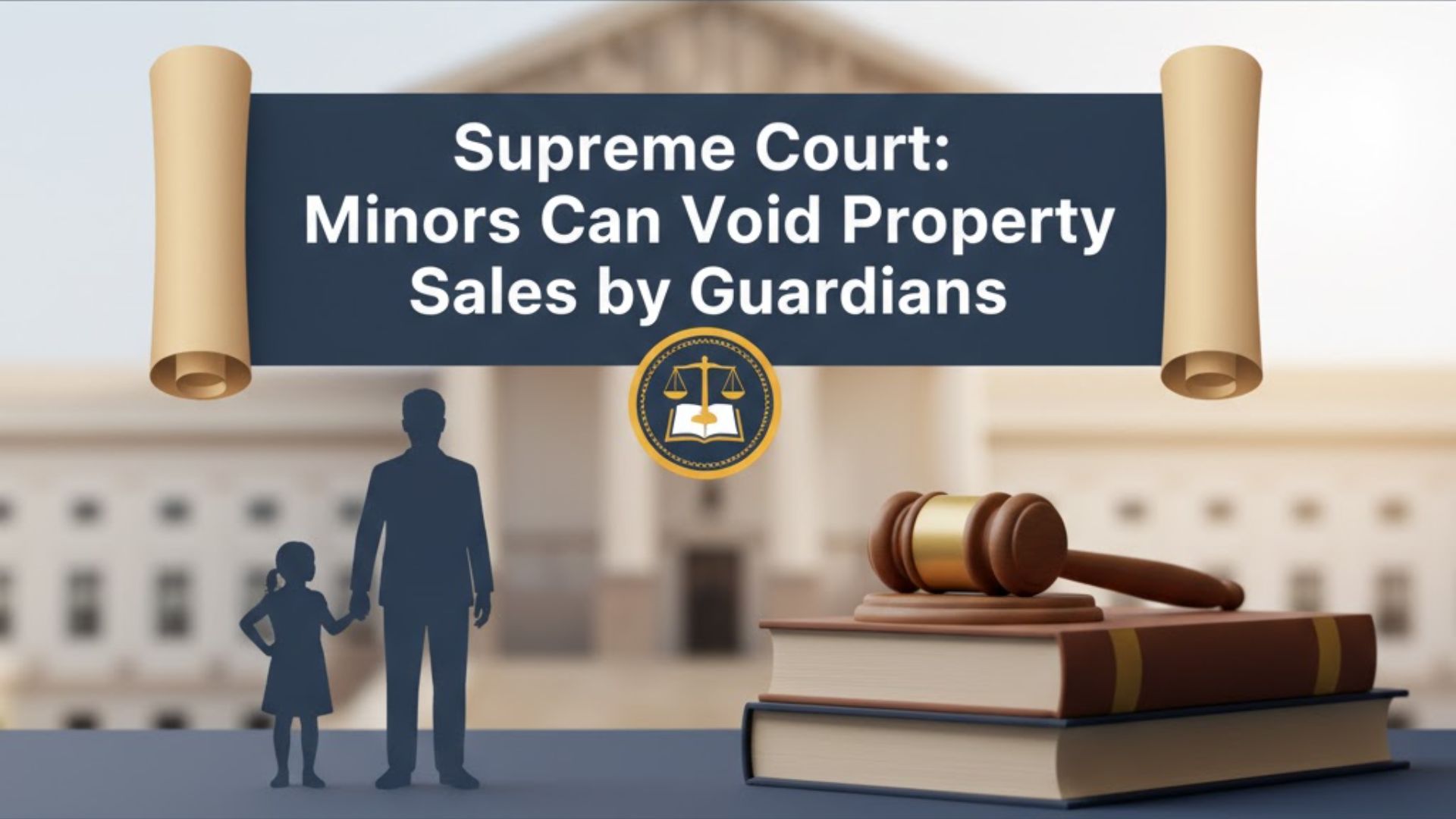Anish Dayal, J
1. The appeal had been filed by the appellant for setting aside the impugned judgment of conviction dated 13th July, 2018 and order on sentence dated
19th July, 2018 in FIR No.7/2017 under sections 419/394/395 IPC PS Bhalswa Dairy.
2. The appellant was convicted of the offence punishable under Sections 395/170 IPC and was sentenced to a period of 7 years and a fine of
Rs.7,000/- (6 months SI in default of payment of fine) for offence punishable under Section 395 IPC and imprisonment for 2 years and a fine of
Rs.2,000/- (2 months SI in default of payment of fine) for offence punishable under Section 170 IPC, both sentences to run concurrently, benefit of
Section 428 Cr.P.C. being given.
3. Since the appeal has been pending final adjudication by this Court, learned counsel for the appellant had filed an early hearing application reiterating
an earlier request made under Section 427 (1) Cr.P.C. seeking disposal of the appeal by allowing concurrent running of sentences awarded to the
appellant in FIR No.7/2017 (referred to as “FIR 1†for convenience) with sentences awarded in two other cases FIR No. 815/2016 (referred to
as “FIR 2†for convenience) & FIR No. 711/2016 (referred to as “FIR 3†for convenience) both registered under sections 365/392/34 IPC at
PS Narela. The appellant was sentenced for a period of 3 years each in FIR 2 and 3. Sentences awarded in FIR 2 and 3 have attained finality as the
appellant did not challenge the sentences.
4. Section 427 (1) Cr.P.C. gives discretion to the Trial Court or the Appellate Court to direct concurrent running of subsequent sentences arising out
of convictions in different cases for a person already undergoing a sentence of imprisonment even for cases arising out of different incidents at
different points of time. The discretion is to be exercised depending upon the nature of the offences committed and the facts in each situation. The
predominant consideration which is used as per the learned counsel for the appellant, is the long incarceration which would result if sentences were to
run consequently. In the present if case the appellant is to serve sentences for all 3 FIRs, he would be serving 13 years (7 years + 3 years + 3 years).
Further, as per the report of the Probation Officer, the appellant belongs to a poor stratum of society and his conduct in jail in the last 6 years has been
good and he has been recommended to be released. The appellant was arrested in FIR 1 on 5th January, 2017 and was impleaded in other two FIRs
on the basis of an alleged disclosure statement. As per the nominal roll his period of incarceration as an undertrial in FIR 1 was from 8th January,
2017 to 18th July, 2018. He was also arrested on 9th January, 2017, the very next day in FIR 2 and 3. He served a sentence of 3 years in FIR 2 from
9th January, 2017 to 8th October, 2019 and in FIR 3 from 9th October, 2019 to 25th May, 2021. The sentence in FIR 2 and 3, as per the nominal roll,
is already complete. The issue which arises is that the sentence period in FIR 1 will now start from 26th May, 2021 if the period he has already
undergone for about 6 years in other two FIRs is not adjusted.
5. Learned counsel for the appellant has relied upon the following decisions in support of her submissions: Yamin v. State (Govt. of NCT of Delhi),
2021 SCC OnLine Del 33; Benson v. State of Kerala, (2016) 10 SCC 307; Anil Kumar v. State of Punjab, (2017) 5 SCC 53; Iqram v. State of U.P.,
2022 SCC OnLine SC 1735; and Murugan @ Panni Murugan v. The State by Madras High Court in Crl.O.P.(MD) 4142/2022.
6. This Court in Yamin v. State, (supra) in an appeal of similar nature had held that the appellant had been languishing in jail for more than 12 years
and if the remaining sentence was directed to run consecutively, he would have been in a long incarceration for a period of 24 years and therefore,
directions were given for 7 years sentence to run concurrently.
7. Ld. APP has refuted the contentions of learned counsel for the petitioner submitting that whenever the appellant was set on liberty, he indulged in
offences which are borne out of different transactions. Further, the proviso to section 427 (1) Cr.P.C. gives discretion to Trial Court but the appellant
has chosen not to invoke the said provision at the time of his third conviction. The benefit of section 31 Cr.P.C. has already been granted to the
appellant and he does not deserve any further leniency. Reliance on the decision of V.K. Bansal v. State of Haryana, (2013) 7 SCC 211 he submitted
was misconceived since that was a matter dealing with offence punishable under section 138 Negotiable Instruments Act and had been considered as
a single transaction for concurrent running of sentences.
8. Ld. APP has relied upon Mohd. Akhtar Hussain v. Asstt. Collector of Customs, (1988) 4 SCC 183 wherein the Hon’ble Supreme Court held if
the transaction relating to offences is not the same or the facts constituting the two offences are quite different then consecutive sentences may be
imposed. In Mohd. Zahid v. State, 2021 SCC OnLine SC 1183 the Hon’ble Supreme Court has propounded principles for dealing with applications
under Section 427 Cr.P.C.:
33. Thus from the aforesaid decisions of this Court, the principles of law that emerge are as under:â€
(i) if a person already undergoing a sentence of imprisonment is sentenced on a subsequent conviction to imprisonment, such subsequent
term of imprisonment would normally commence at the expiration of the imprisonment to which he was previously sentenced;
(ii) ordinarily the subsequent sentence would commence at the expiration of the first term of imprisonment unless the court directs the
subsequent sentence to run concurrently with the previous sentence;
(iii) the general rule is that where there are different transactions, different crime numbers and cases have been decided by the different
judgments, concurrent sentence cannot be awarded under Section 427 of Cr.PC;
(iv) under Section 427(1) of Cr.PC the court has the power and discretion to issue a direction that all the subsequent sentences run
concurrently with the previous sentence, however discretion has to be exercised judiciously depending upon the nature of the offence or the
offences committed and the facts in situation. However, there must be a specific direction or order by the court that the subsequent sentence
to run concurrently with the previous sentence.
34. Applying the law laid down by this Court in the aforesaid decisions and the principles of law enumerated hereinabove to the facts of the
case on hand, the submissions on behalf of the appellant - accused that his subsequent sentence to run concurrently with the previous
sentence is to be rejected outright. In the present case the appellant has been convicted with respect to two different transactions, there are
different crime numbers and the cases have been decided by the different judgments. Therefore, the appellant is not entitled to any benefit
of concurrent sentence under Section 427 of Cr.PC. As observed hereinabove, there is no specific order or direction issued by the court
while imposing the subsequent sentence that the subsequent sentence to run concurrently with the previous sentence.
9. This Court in Yamin v. State (supra) had relied upon the Full Bench decision of the High Court of Bombay in case of Satnam Singh Puran Sigh Gill
v. State of Maharashtra, (2009) SCC OnLine Bom 52 where the Hon’ble Court has held as under:
“66. In view of our detailed discussion, now we proceed to answer the question referred as under:
a) Neither the court of competent jurisdiction is divested of its power to pass appropriate order in terms of Section 427(1) of the Criminal
Procedure Code, 1973 nor does the accused lose this statutory benefit of right of consideration by the Court, only on the ground that the
accused has been tried in two or more cases separately and they arise from distinct and separate offences arising out of different
transactions/incidents.
b) It is neither permissible nor possible to spell out universal principle or formula which would be applicable to all cases for exercise of
power vested in Court under Section 427(1) of the Code. Such power and judicial discretion has to be exercised in terms of the settled
precepts of criminal jurisprudence, sentencing policy and with reference to the facts and circumstances of a given case, where the previous
and subsequent sentences of imprisonment awarded to the accused are in two or more cases for distinct and separate offences arising out
of different transactions/incidents and even under different enactments.
(emphasis added)
10. It has also been held in Mani v. State of Kerala, (1983) Cri LJ 1262 that when no direction is given by the Trial Court that sentences were to run
concurrently, directions can be issued by the High Court under inherent powers, even if the stage of exercising discretion under Section 427 Cr.P.C. is
over. The decision of Hon’ble Supreme Court in Benson v. State of Kerala, (2016) 10 SCC 307 was also relied upon where accused convicted in
4 different cases was given the benefit of concurrent running of substantive sentences.
11. On appreciation of above facts and circumstances of this case, firstly what is to be ascertained is the nature of offences for which the appellant
has been punished for. In FIR 1, the complaint was of dacoity of Rs.4,000/- from the pocket of the complainant on the road for which he was
sentenced to 7 years RI. The other two FIRs were also for abduction and robbery of cartons of cigarette packets from a vehicle and a person on the
road besides a mobile phone and Rs. 5,000/-.
12. Secondly, as per the Social Investigation report, it has been reported that the appellant is a matured married man of 29 years, belongs to a lower
class family, has studied up to 2nd standard and has reflected non-toxicant habits and normal social behaviour, bore an extrovert personality, physically
and mentally fit and was working earlier in a seat cover making factory. Thirdly, during incarceration, he was working as a cook ‘langar
sahayak’ in Central Jail, Tihar on a remuneration of Rs.8,300/- per month. Fourthly, he has one daughter aged 7 years and his family gave a
positive and favourable report about his behaviour and conduct, however the parents of the appellant have passed away.
13. In this view he had been recommended for the benefit of probation under section 4 (3) of Probation of Offenders’ Act by the report dated
25th May, 2022.
14. In light of these facts and circumstances, this Court is of the considered opinion that it would be a fit case for exercise of powers under Section
427 (1) Cr.P.C. to have the sentence awarded in FIR No.7/2017 to run concurrently with sentences awarded in FIR No. 815/2016 and FIR No.
711/2016. Since the appellant has already served sentences of imprisonment awarded in FIR No. 815/2016 and FIR No. 711/2016, he may serve the
remaining sentence in FIR No.7/2017, subject of course to any other relief granted to him by the competent authorities in respect of probation,
remission etc. In these peculiar facts that the appellant is ultimately serving a larger sentence of 7 years and would otherwise have to serve 13 years if
the sentences were to run consequently, has merited this opinion of the Court. This view is based on an appreciation of various factors as noted above
and does not serve as a precedent.
15. Accordingly, the appeal is disposed of. Pending applications (if any) are disposed of as infructuous.
16. A copy of this order/judgement be sent to the Jail Superintendent for information and record.
17. Judgment be uploaded on the website of this Court.

